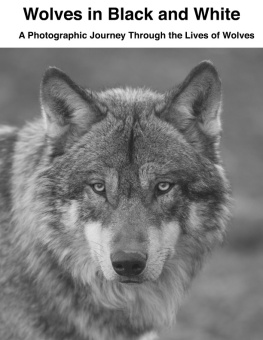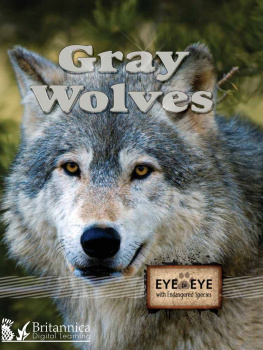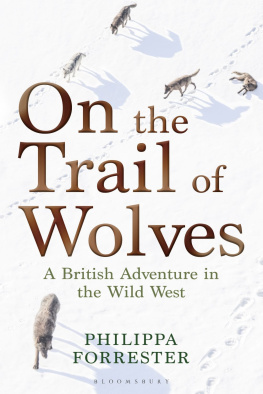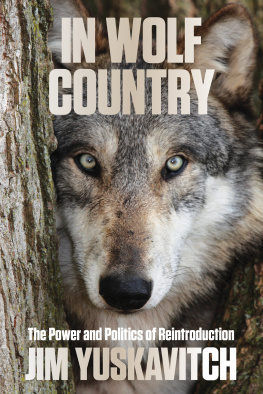Dedication
To my boys
The privilege was mine
While its Tommy this, an Tommy that, an Tommy, fall beind, But its Please to walk in front, sir, when theres trouble in the wind, Theres trouble in the wind, my boys, theres trouble in the wind, O its Please to walk in front, sir, when theres trouble in the wind.
Tommy, Rudyard Kipling
Like Wolves on the Fold: The Defence of Rorkes Drift
A Greenhill book
This edition published in 2010 by
Frontline Books, an imprint of Pen & Sword Books Limited,
47 Church Street, Barnsley, S. Yorkshire, S70 2AS
www.frontline-books.com , email info@frontline-books.com
First published in 2006 by
Greenhill Books, Lionel Leventhal Limited
www.greenhillbooks.com
Copyright Mike Snook, 2006
Revised edition Mike Snook, 2010
The right of Mike Snook to be identified as the author of this work has been asserted by him in accordance with the Copyright, Designs and Patents Act 1988.
9781783469949
All rights reserved. No part of this publication may be reproduced, stored in or introduced into a retrieval system, or transmitted, in any form, or by any means (electronic, mechanical, photocopying or otherwise) without the prior written permission of the publisher. Any person who does any unauthorised act in relation to this publication may be liable to criminal prosecution and civil claims for damages.
A CIP data record for this title is available from the British Library.
For more information on our books, please visit www.frontline-books.com , email info@frontline-books.com or write to us at the above address.
Printed in Great Britain at CPI Antony Rowe.
Foreword
The Defence of Rorkes Drift is one of the most famous and enduring tales of British arms. Yet the fate of the nation did not hang on the outcome of the battle, as in 1940, nor did victory herald the final defeat of a sworn enemy, as was the case in 1815. The battle saw no great technological leap forward, nor did it entail any brilliant military innovations. Instead, our fascination with the Rorkes Drift episode has much more in common with the esteem in which we hold Henry Vs band of brothers a plucky few, far from home, outnumbered and with their backs to the wall, who pull off a seemingly impossible victory for this too is a boys own story.
Just as Shakespeares pen guaranteed Agincourts place as an iconic moment in the history of these islands, so did Sir Stanley Bakers cinematic epic Zulu serve to immortalise the story of Rorkes Drift. It can be both a boon and a curse to the historian when the arts and the past collide. On the one hand great artistic portrayals can engender immense public interest in a subject, but on the other they tend to entrench distortion and myth. In this, the second of his Anglo-Zulu War books, my old friend and one-time company commander strips away the numerous misconceptions that surround Rorkes Drift. In doing so he succeeds in demonstrating why the true story is fit to be considered as one of the great tales of human fortitude and tenacity. Rightly, he draws no distinction between Briton and Zulu.
I was commissioned into The Royal Regiment of Wales, the modern-day descendant of the old 24th, in the 1980s. Now, twenty years on, it has fallen to me to be the last commanding officer of the last RRW battalion. I have served alongside the author throughout that time. As a subaltern I served under his command in the Far East. It falls to company commanders to bring up their young officers in the ways of the regiment, and to instil in them pride in the heroic deeds of their forbears. I could not have wished for a better education.
Inevitably the most gripping of Mikes stories were those of Isandlwana and Rorkes Drift; even then he seemed to know every detail of these hard-fought actions. Sitting in the officers mess in Stanley Fort, Hong Kong, surrounded by the regiments memorabilia, he could bring our paintings and artefacts to life like no other. In the years that followed he enthralled successive generations of our officers and soldiers, inspiring great regimental pride in them. At one point in his career he was posted to live and work in South Africa; as a consequence he brings to the party a highly developed understanding of the land and its people; not least he is a great admirer of the Zulu. He combines the historians grasp of primary source material, a professional soldiers eye for ground, and a raconteurs turn of phrase. Here in these pages he unfolds the splendid tales he once told me, for the benefit of a much wider audience.
Through a series of name changes from the 24th Regiment of Foot, to The South Wales Borderers, to The Royal Regiment of Wales, the events of 1879 have remained pre-eminent in the regiments folklore. Down the years, in all great moments of peril, from Flanders to Normandy, from Malaya to Aden, and from Belfast to Basra, the fight at Rorkes Drift has been an inspiration to our officers and soldiers. Inevitably the current round of reforms to the regimental system will once again require us to adjust our identity. On 1 March 2006 The Royal Regiment of Wales will merge with The Royal Welch Fusiliers to become a two-battalion regiment known as The Royal Welsh.
Needless to say the events of January 1879 will continue to be preserved prominently under the new arrangements. We are fortunate to have Mikes books as a historical handrail at such an important time. Our proudest traditions will march inexorably on. The Queens Colour will continue to be adorned with a silver Wreath of Immortelles; the battle honour South Africa 1877 8 9 will still be borne on the Regimental Colour; Nevill Coghills sword will continue to hang in pride of place between the colours and, when on parade, be worn by the Queens Colour ensign. We will commemorate Rorkes Drift Day each year, and will march-past to that most rousing of battle-songs, Men of Harlech. The second company of the 2nd Battalion will be known as B (Rorkes Drift) Company.
In his first book, How Can Man Die Better, Mike analysed the disastrous sequence of events that culminated in the crushing Zulu victory at Isandlwana. That book has established him in the public eye as one of the foremost experts in the field. In my view no other author has been able to master the details of the fight, whilst at the same time recounting the episode with such clarity. He now brings these same skills to bear on those remarkable few hours at Rorkes Drift. Like Wolves on the Fold provides the most comprehensive assessment of the battle I have yet read and then goes on to address, and I would say resolve, the controversies that still surround Isandlwana. It is without doubt a work of the very highest quality.
COLONEL HUW LLOYD-JONES
Commanding Officer, 1st Battalion,,
The Royal Regiment of Wales (24th/41st Foot)












